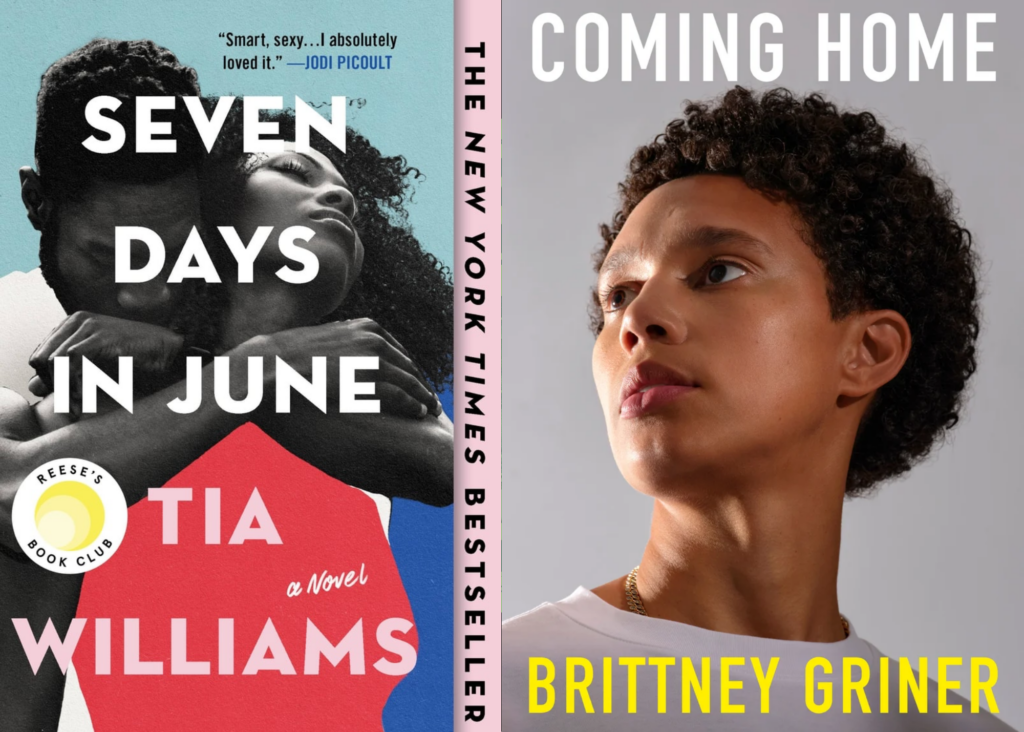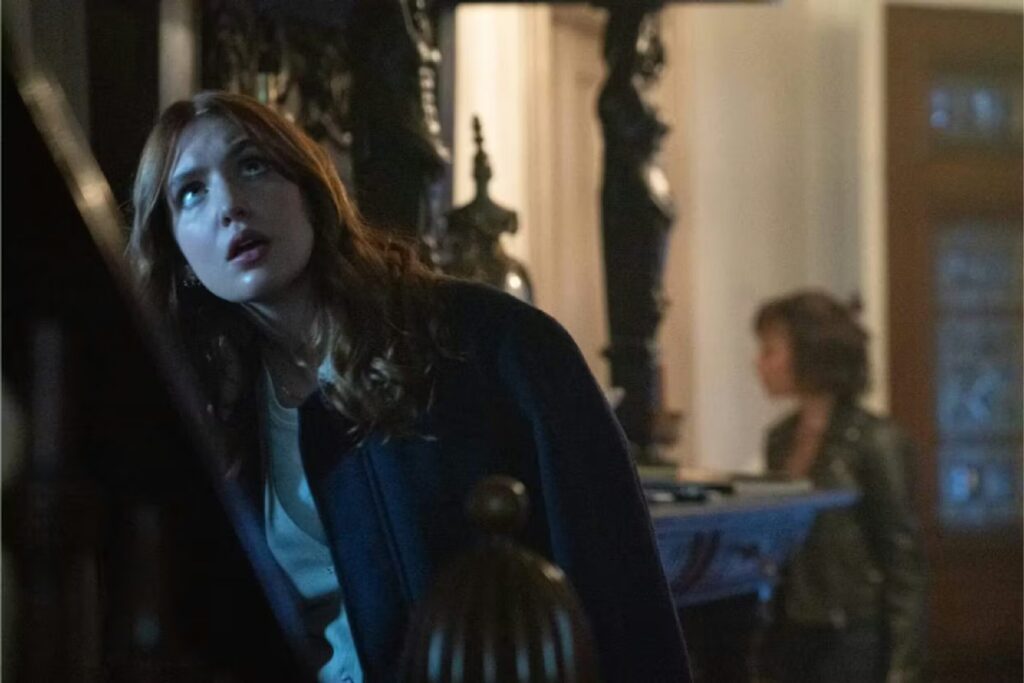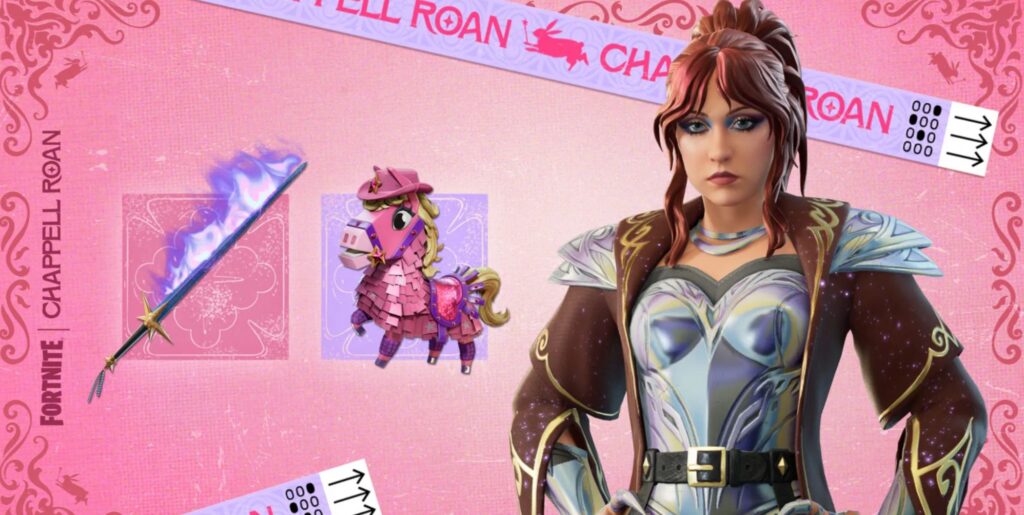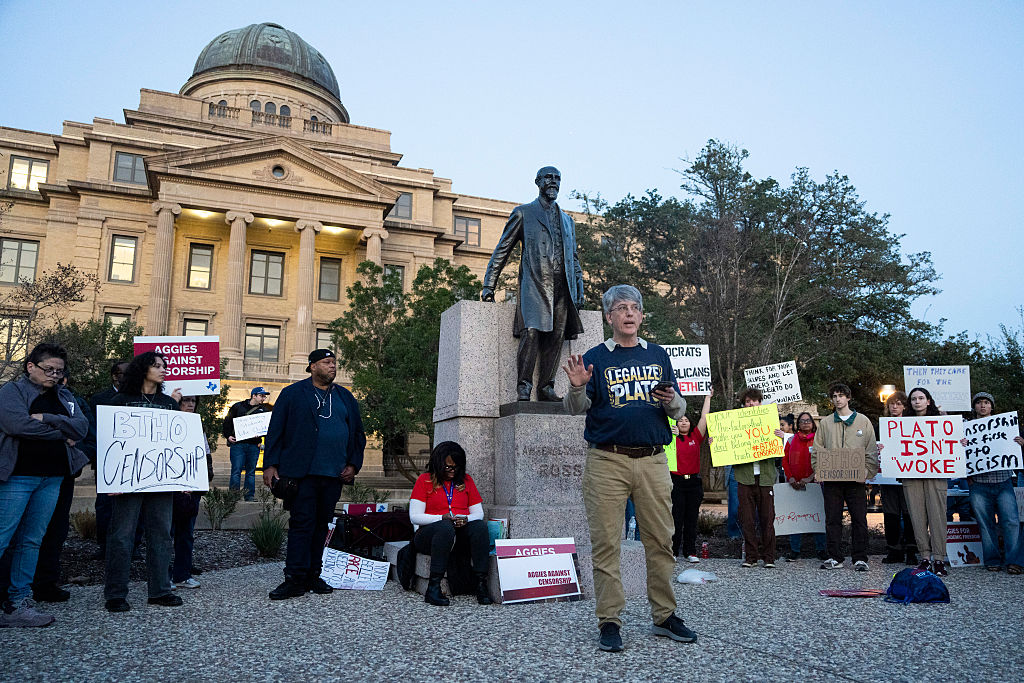I Am Worth The Space I Inhabit: On Coming Out, Again (& Again)

It’s a risk to be out at work, to wear my hair in a pompadour, to tell the new handyman that I have a wife. I take that risk each day because as much as there’s possible danger, there’s also relief.
I was thirty-one years old, almost thirty-two, when I started to come out. A good portion of my teenage years were spent worrying if I was gay, and later I spent a long time trying to pray it away. As my friends started to marry and have children, I decided I would be the cool single aunt. I thought I could settle, that a life without a partner, a life without romantic love, was something I could easily do without. I threw myself into two things: work and being an Auntie. My decision to become the cool single aunt came to fruition. In fact, I was the coolest: the one who brought presents, held slumber parties, and took the kids to the park or the arcade or the toy store. I built Legos and forts. I baked cookies and all their favorite foods. When I walked in the door, the kids came running to greet me. I thought it was enough. I fully leaned in to my Auntie title. And I was miserable.
To be clear, the kids didn’t make me miserable. Their parents didn’t make me miserable. Hiding part of myself made me miserable. I felt like I could never find a place to fully belong, like I was showing up as only half of who I was. Living in the closet, that kind of hiding, weighs you down. It’s a burden that many carry for different reasons, a prime one being safety—physical, emotional, mental.
When I decided I wanted to come out, I faced some hard truths. I knew I would have to leave my hometown in Kentucky because I didn’t feel safe there and I knew I wouldn’t have a queer community if I stayed. I also knew there would be loss. Friendships would shift, change, or fade away. Plus, I didn’t know how to be queer or lesbian, the two identifiers I use most because of my sexuality and gender presentation. Coming out was one obstacle that was coupled with another: the pressure of how to be gay.
My reference points were few: shows like “The L Word” and “Queer as Folk,” which were off the air but available via streaming by that point; and the writings of the queer and feminist like Adrienne Rich, Audre Lorde, bell hooks, and later Roxane Gay, Mary Oliver, and Toni Morrison. I moved a couple hours from home, just far enough and to a place where I had a support system of gay male friends. I came out to them first, which they ultimately told me was unnecessary because they already knew. Still, it felt like a huge step. I started coming out to other friends, then family. Slow as a snail.
It wasn’t so much the fear of rejection that made the process hard. I was figuring out what it meant for me to be gay. Did I want to date? How does a lesbian dress? How butch did I want to look? Where did lesbians hang out? Seriously, where were all the lesbians? Of course, there were setbacks: friends who needed to process their beliefs, homophobic colleagues, being outed before I was more open. But every time I spoke my truth, wore a fauxhawk, learned more about LGBTQ+ issues, I breathed a little deeper. Are there moments where I wonder what things would have been like if I had come out at 18, 20, 24? Yes. Do I wonder if I missed out on dating opportunities or chances to build community? Yes. Does it matter? No, because I found a way to live my authentic truth.
My first time making any kind of personal pronouncement on social media was in 2016 on National Coming Out Day. It was both nerve-wracking and exciting. I had started coming out to folks in my life the previous year, fall 2015, but making any kind of statement on social media felt like busting through the closet door.
When I think about it, I have always been slowly coming out. I grew up a tomboy in eastern Kentucky in a time where girls were expected to follow the standard gender roles. I was a jock and outspoken about my opinions, two qualities that many folks said made me less desirable to men. I can pinpoint moments where I wondered, “Does this make me gay?” The one thing I learned from everyone around me was being gay was wrong. According to the pastors and practically everyone else in my hometown, “the Bible says so.” My faith became my closet.
I can also pinpoint other places where I had to make space for myself in the world: at school where I was teased for being fat, at home where I was told to lose weight or be more feminine or to keep my mouth shut, in church where women’s opinions and questions weren’t welcome. For me, coming out was just that: making space and having pride for a part of myself. I carried shame about my body, my opinions, my beliefs, for a long time. Shame so deep I felt it in my bones. Once in a blue moon, I still do.
To come out is a risk at any age, and gay people come out over and over. In Kentucky, a person can still be fired or denied housing for being gay. It’s a risk to be out at work, to wear my hair in a pompadour, to tell the new handyman that I have a wife. I take that risk each day because as much as there’s possible danger, there’s also relief. To come out has meant I have declared I am worth the space I inhabit. I always have been.












